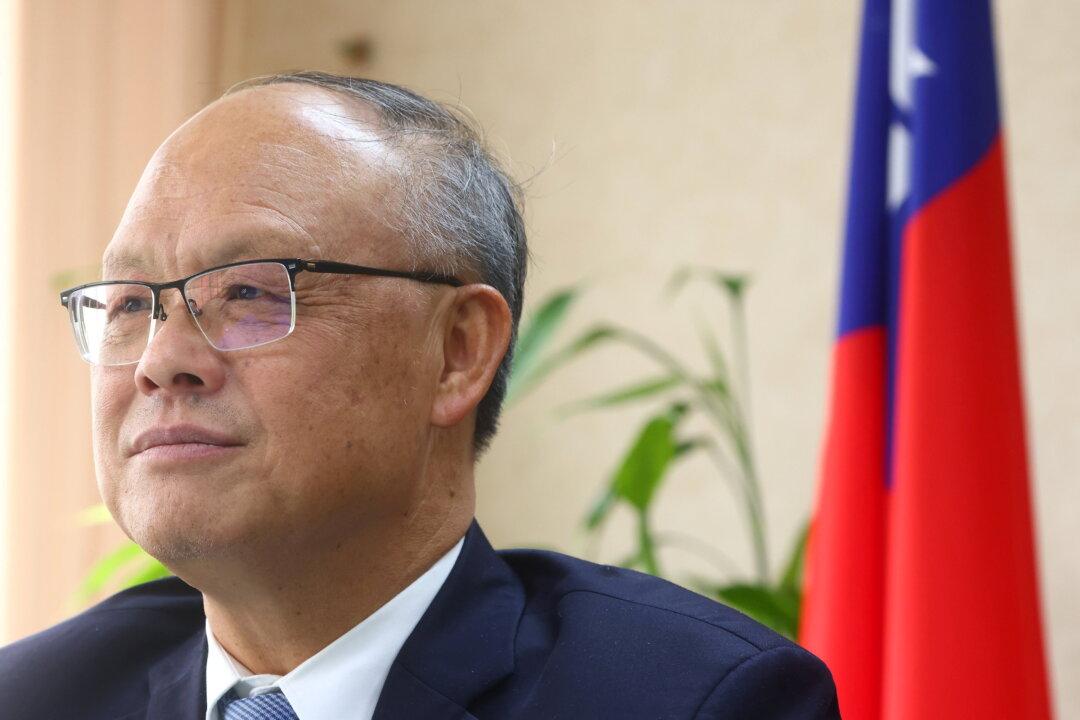Taiwan’s Trade Minister John Deng has said he does not expect the Australian government, led by Prime Minister Anthony Albanese, will bow to pressure from Beijing to block Taipei’s bid to enter the newest and largest trading block in the Pacific region.
The Comprehensive and Progressive Agreement for Trans-Pacific Partnership (CPTPP) is a free trade agreement that creates a beneficial trade zone between 12 countries that now include Australia, Canada, Japan, Malaysia, Mexico, Peru, New Zealand, Singapore, Vietnam, and the UK.




